
Outspoken on human rights: Zeid Ra’ad al Hussein
Over the course of this year, I’ve been interviewing all those who have held the job of United Nations Human Rights Commissioner. Some of you may have been listening to those interviews on our Inside Geneva podcast.
It’s a job that’s often called the United Nation’s hardest: other UN bodies can bask in the virtuous glow of delivering food to the hungry, or vaccines to smiling children and their grateful mothers. UN Human Rights has to shine its spotlight on abuse, atrocity and violation, often committed by powerful regimes.
Every individual who has held the post has thought deeply about how to grasp this nettle, and each has approached it in different ways. Louise Arbour, for example, told me that “to be the megaphone” for every injustice could be counterproductive, because “it just illuminates how impotent the system is. It’s like you scream in the wilderness.”
This week on Inside Geneva I talk to Zeid Ra’ad al Hussein, who held the job from 2014 to 2018, and who takes a rather different view. Famously outspoken, he believes the UN “is not there to become friendly with member states,” and argues that to be taken seriously, UN diplomats need to be blunt.
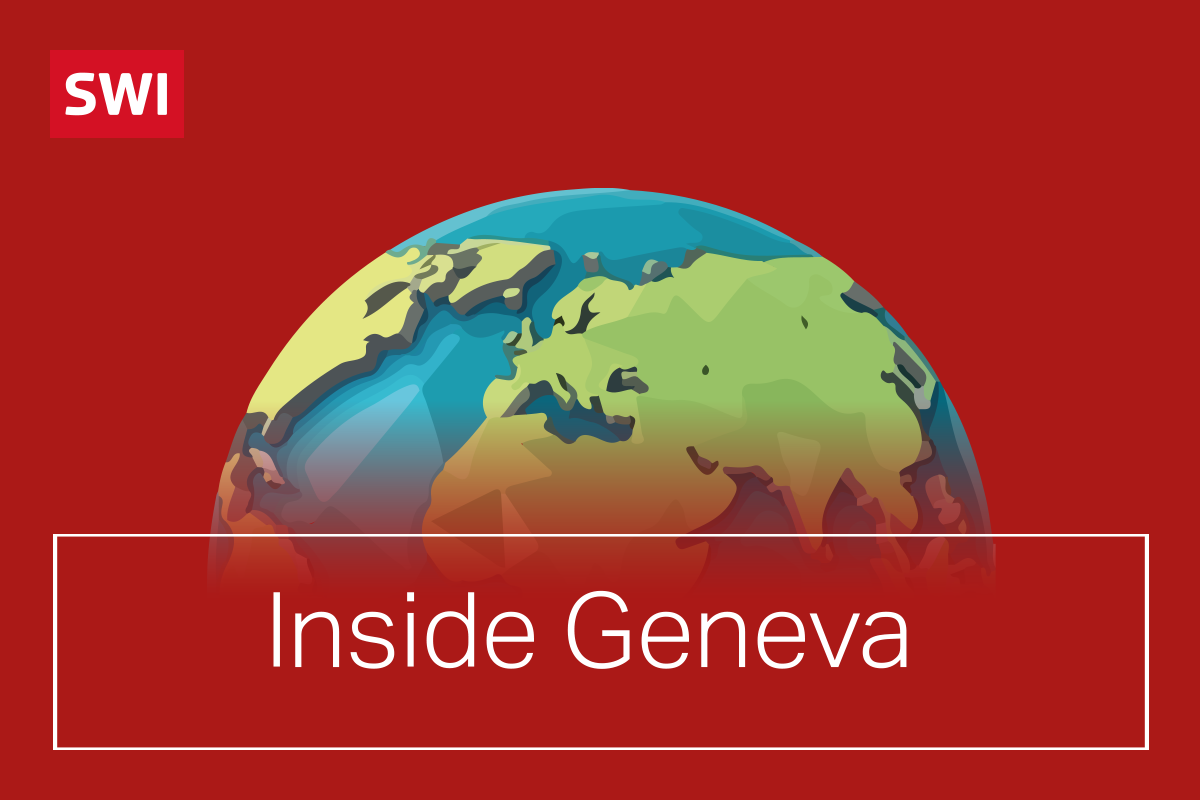
More
Inside Geneva: the journey of Zeid Ra’ad al Hussein, the sixth UN Human Rights Commissioner
Jordan, Yugoslavia, New York
Zeid admits that, growing up in a privileged background in Jordan (he’s actually a member of Jordan’s royal family) he didn’t have his sights set on a career in human rights: “No, I was far too immature and delinquent to be thinking lofty ideas and profound thoughts.”
But a job with the UN’s protection force during the war in former Yugoslavia opened his eyes to the brutality that human beings are capable of, “there’s nothing that can justify killing, or destruction like that, nothing at all,’ he tells Inside Geneva.
It also brought home to him the often flawed nature of UN diplomacy. Bad things happen, he firmly believes, when the UN is too timid. “I knew from my experience in former Yugoslavia, that if the UN secretariat believed, I think mistakenly, that it’s in the friends business, it produces catastrophic results.”
So when the call came to become UN Human Rights Commissioner, did he hesitate? In fact, he says now, he didn’t necessarily want the job. He had planned, he remembers, to leave the UN but stay in New York. Instead, he stayed with the UN and left New York for Geneva.
Good headlines
Journalists in Geneva remember that with Zeid there was always a good headline. Previous human rights commissioners, trained lawyers like Louise Arbour or Navi Pillay, while just as passionate about defending human rights, used more cautious language.
Zeid was different, perhaps not only because he personally had a different approach, but because times had changed. The world faced new, frightening threats.
In 2014, in his first speech to the UN Human Rights Council, Zeid, the first Muslim to hold the post, unreservedly condemned Islamic State, calling it a “house of blood.”
He trained his critical eye on some of the world’s oldest democracies too, as many appeared to be wobbling, leaning towards a populism whose message was often racist, even violent.
In a speech in 2016 at the Hague, he turned his criticism on “nationalist demagogues” like the Netherlands’ Geert Wilders, Marine le Pen of France, and Nigel Farage in the United Kingdom, accusing them of creating an atmosphere “thick with hate”, which could “descend rapidly into colossal violence”.
And, when, during the 2016 United States presidential election, candidate Donald Trump said he would certainly approve the torture of suspected terrorists, Zeid said he believed Trump’s election would be “dangerous.” That comment was, he remembers, the only headline out of a press conference which had lasted well over an hour, and during which he had covered a wide range of human rights concerns.
Any regrets?
Does he regret then, making some of those headline grabbing remarks? Did they detract from the serious work his office was doing? It seems not, in fact he still laughs infectiously at the memory of the storm his Trump remarks caused. But, he points out, all sorts of other work was done during his time in office, from Syria, to Myanmar, to Venezuela.
To hear more of what this still outspoken former UN diplomat has to say, listen to this week’s Inside Geneva. Zeid’s vision for the UN is enticing; he believes it could wield far more power than it actually does, if only its leaders had the courage to stand up for fundamental rights and values, and for multilateralism.
And for those who may argue his vision is unrealistic, he counters that, in this year that we mark the 75th anniversary of the Universal Declaration of Human Rights, the basic goal of the UN is, in some ways, quite modest.
“What we’re aiming at is to create a better human being. That’s what we’re trying to do with the human rights agenda, to improve ourselves and our conduct. To speak out and use non- violent means to protest conditions which are fundamentally unjust and unfair. And who can argue with that?”

In compliance with the JTI standards
More: SWI swissinfo.ch certified by the Journalism Trust Initiative

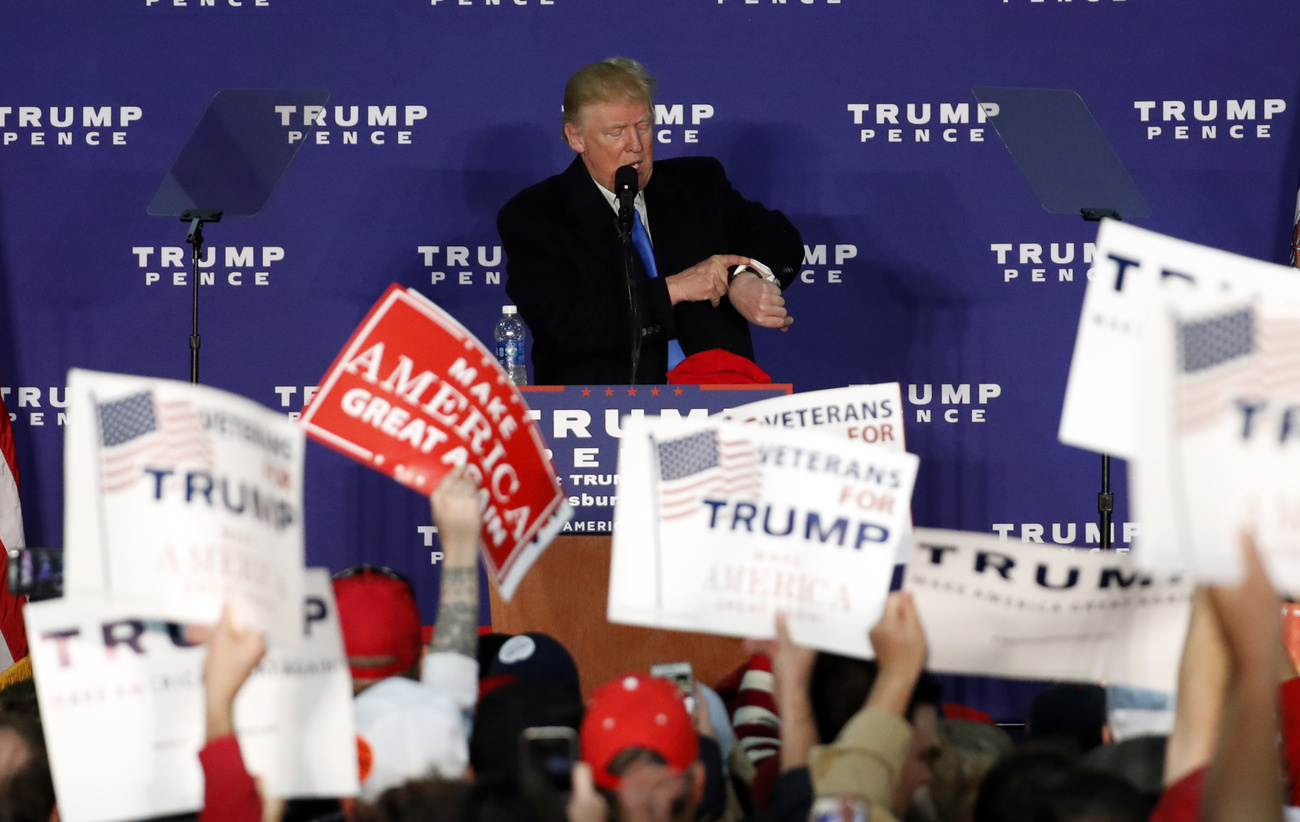





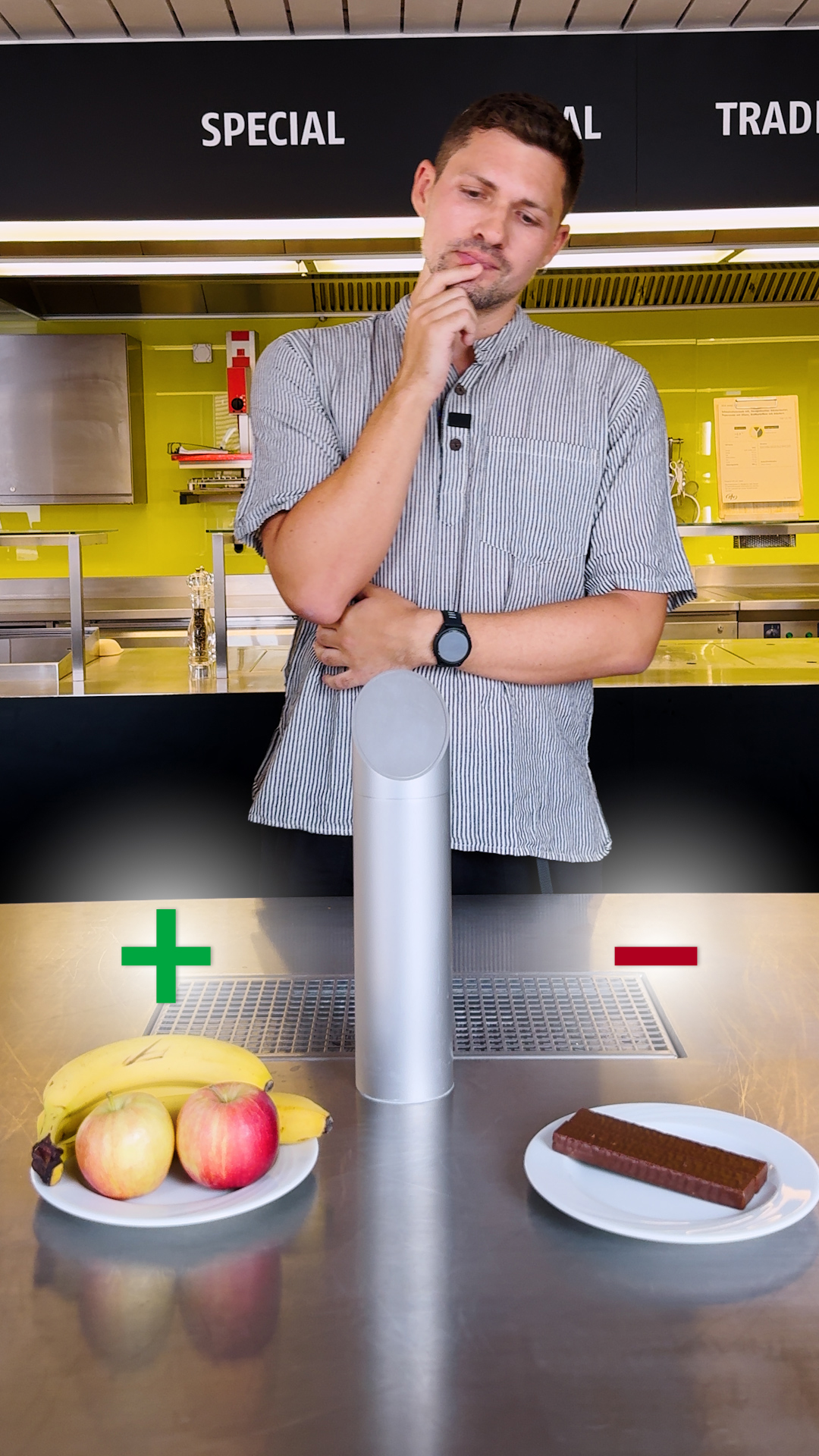



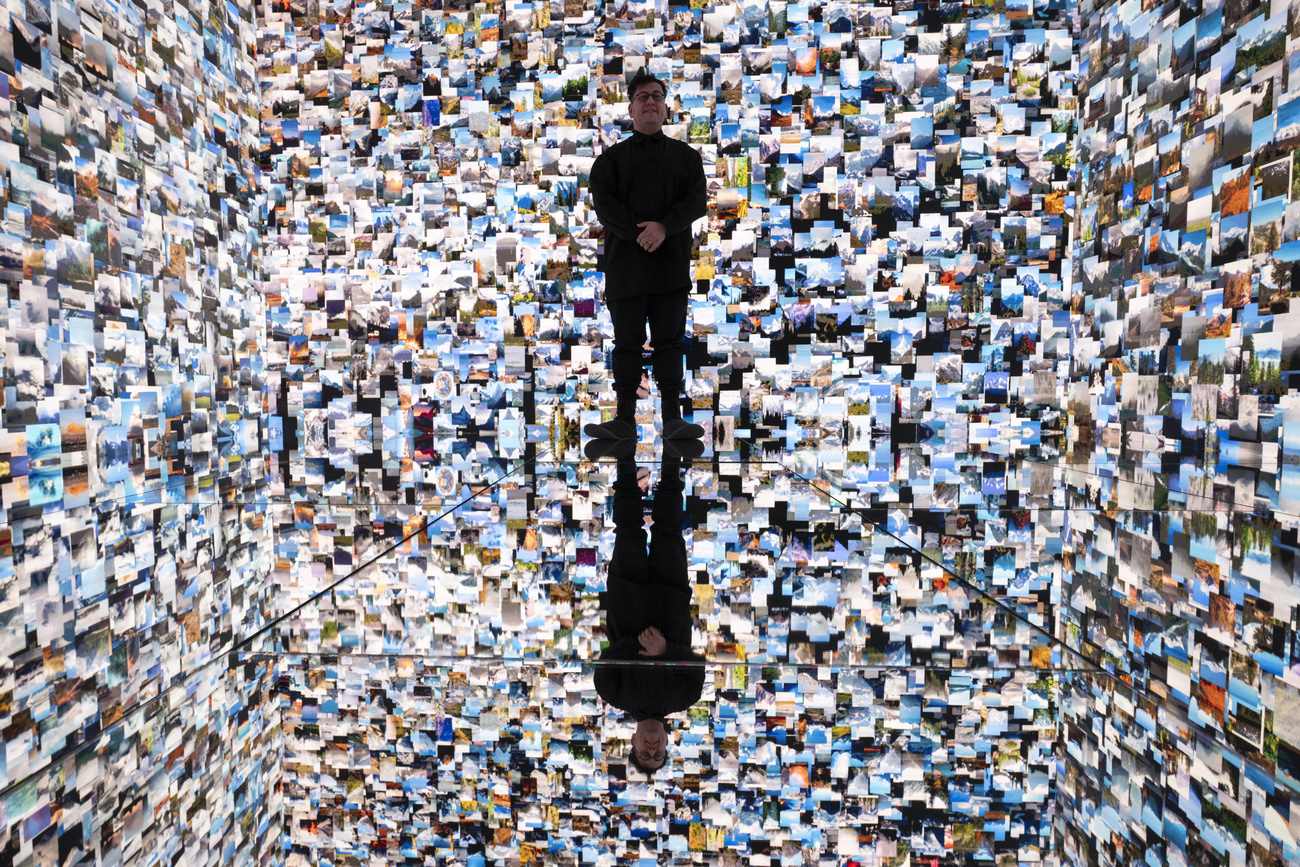




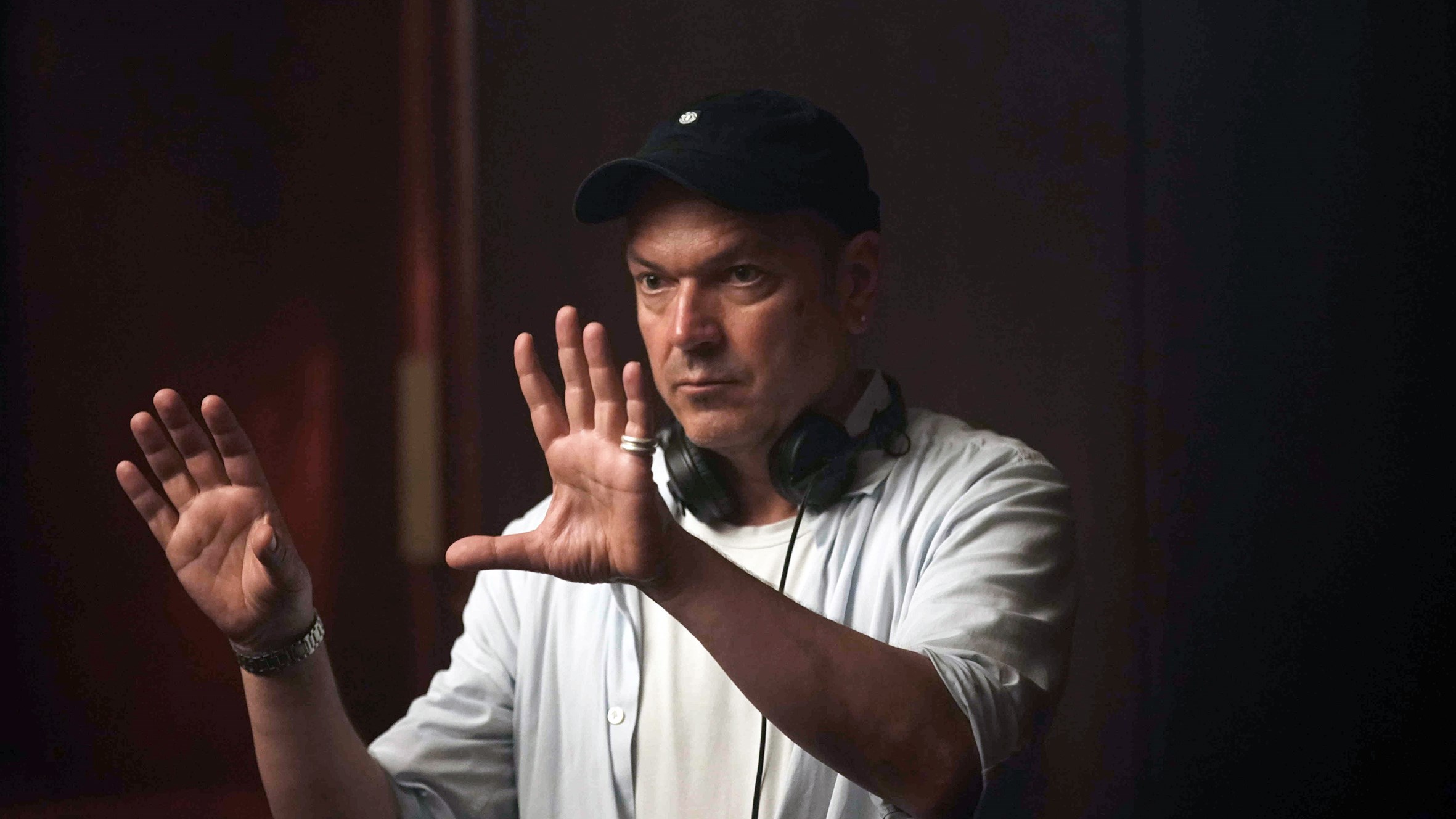




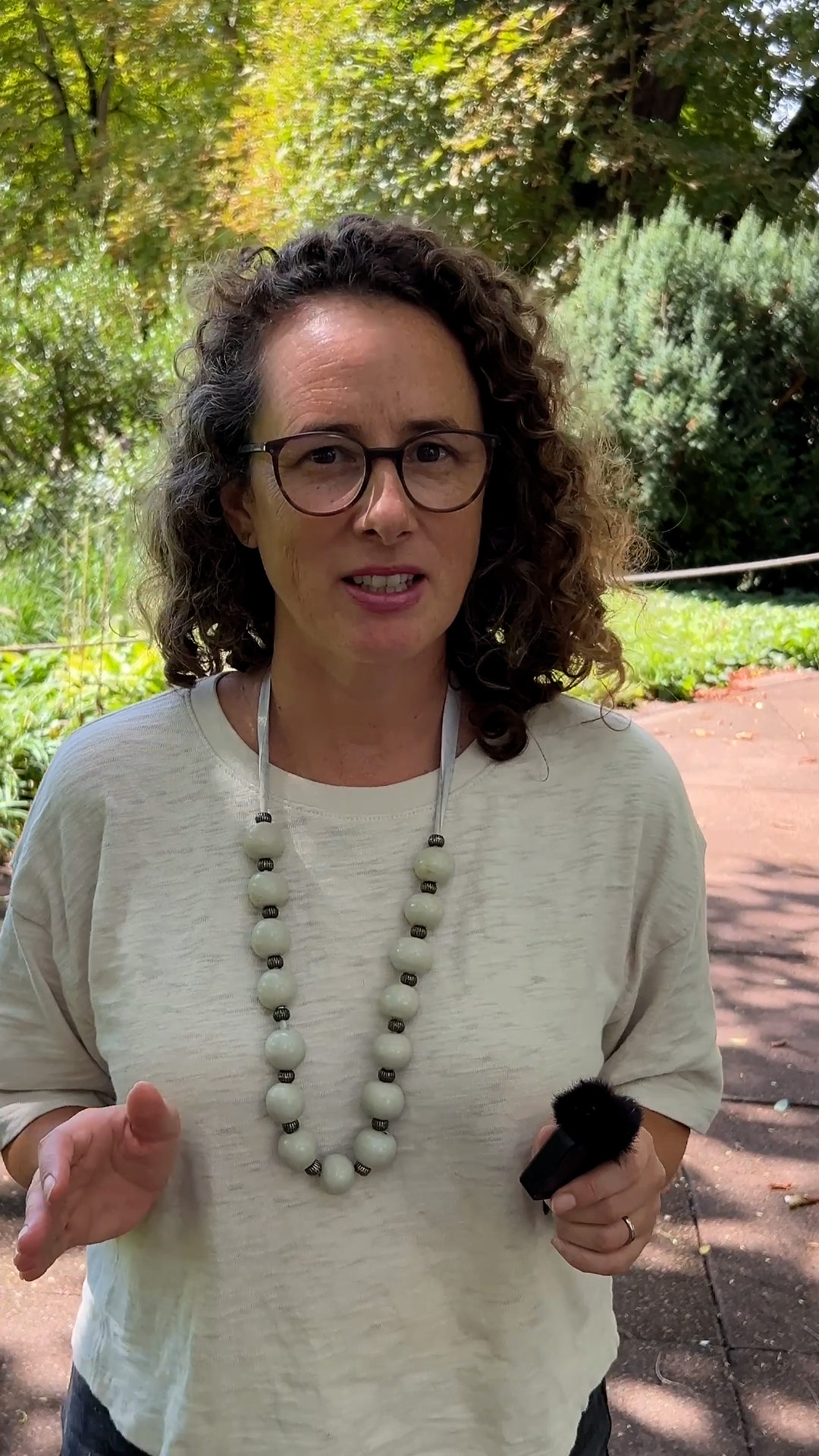





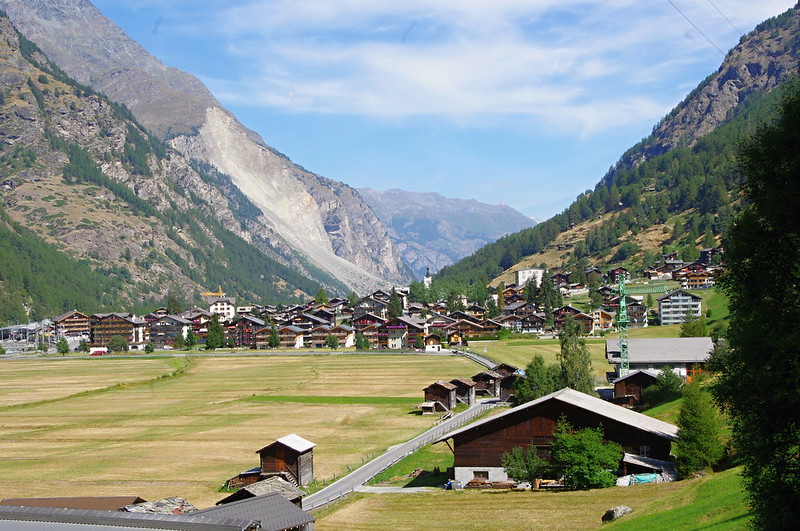
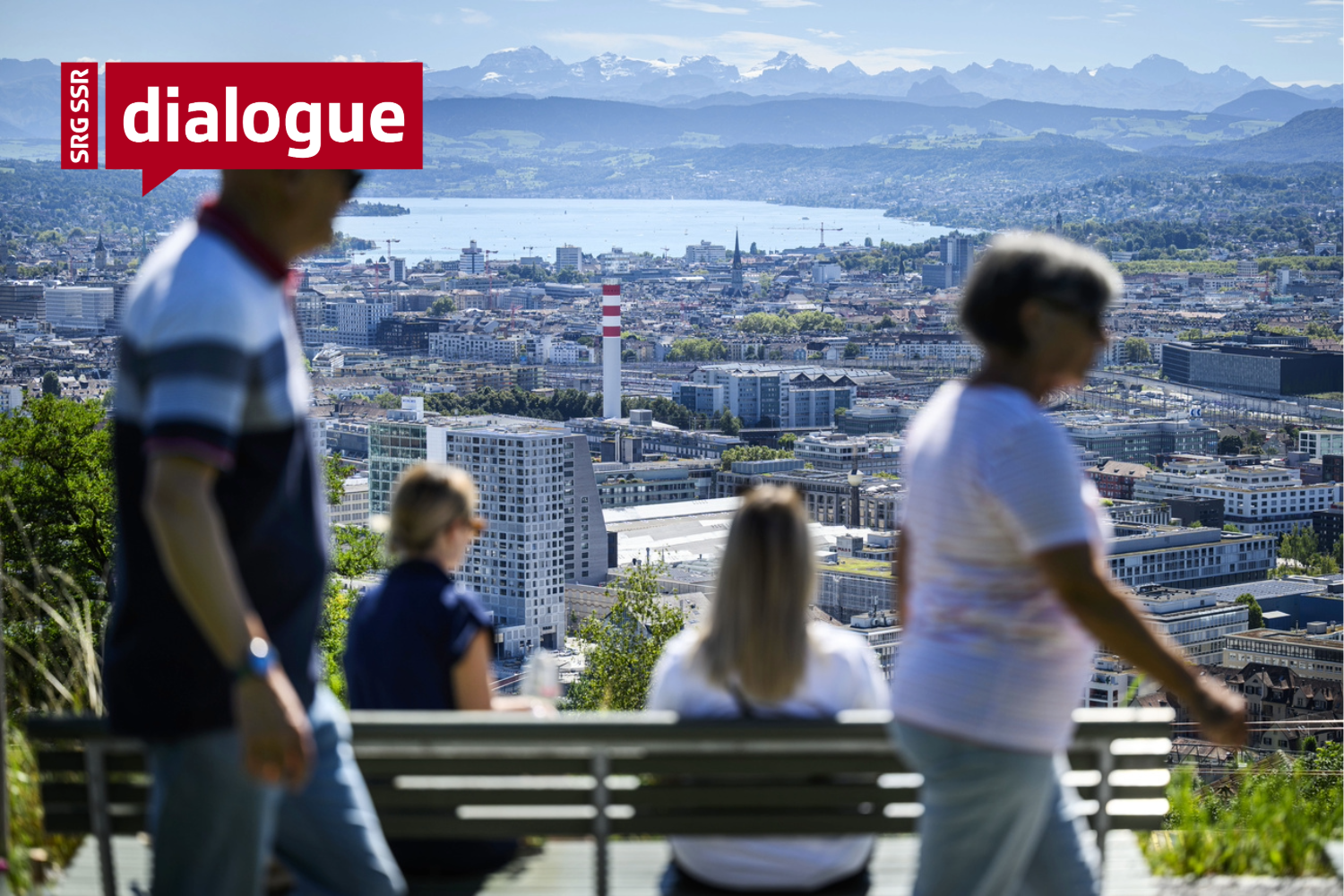



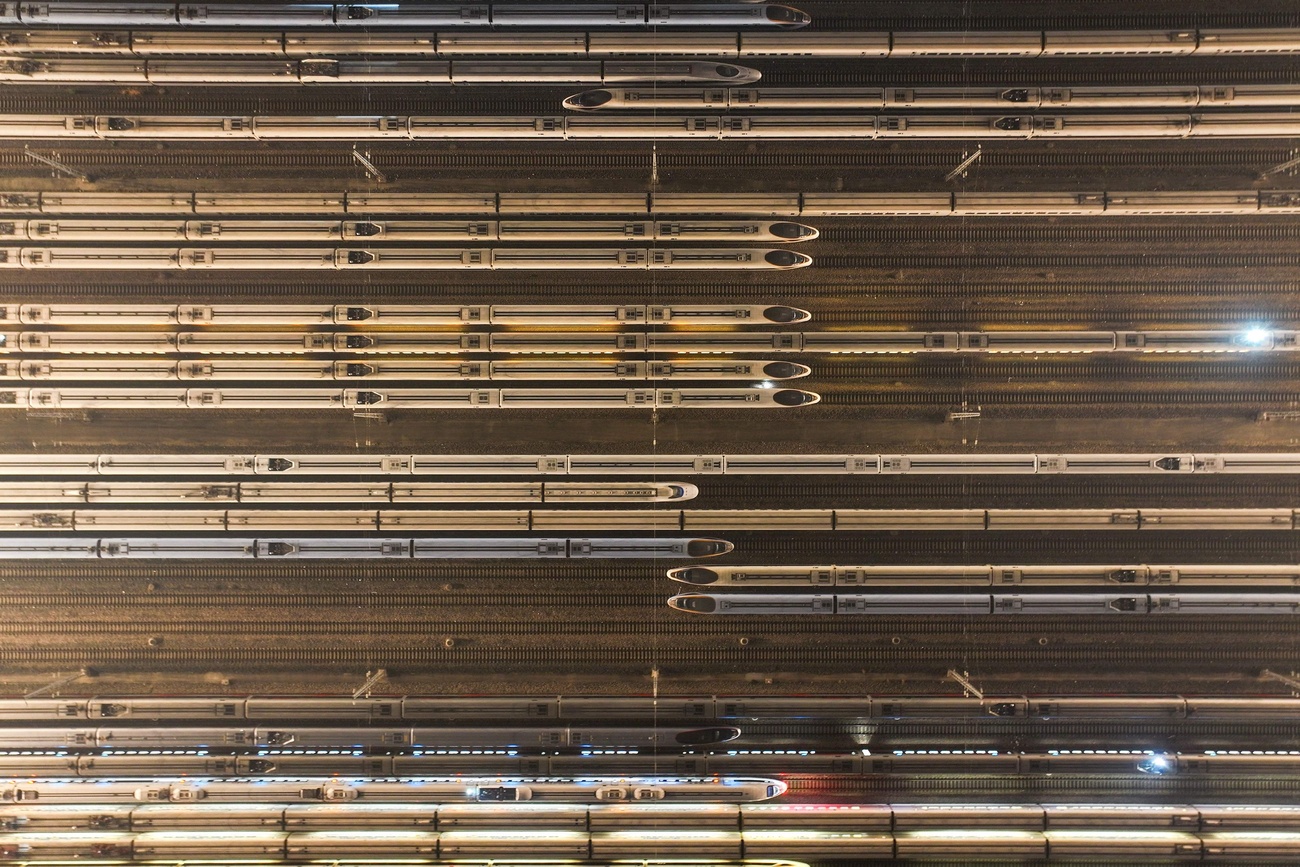






You can find an overview of ongoing debates with our journalists here . Please join us!
If you want to start a conversation about a topic raised in this article or want to report factual errors, email us at english@swissinfo.ch.